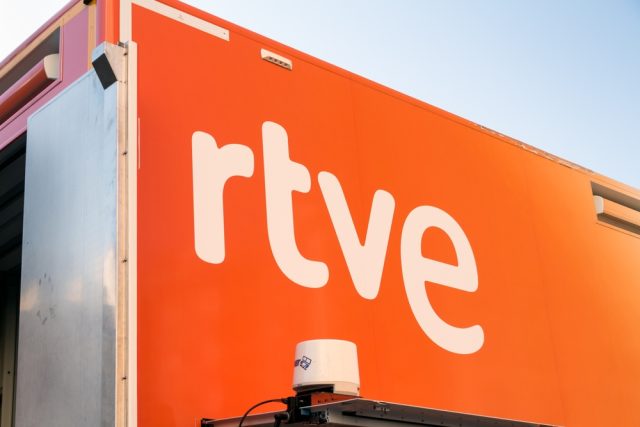
In a move that has shaken the foundations of Spanish public television, RTVE has announced the signing of David Broncano, known for his talk show ‘La Resistencia’, for its prime-time programming on La 1. This decision has unleashed a wave of criticism and concerns about the future of the network and the quality of its content.
The announcement has been met with skepticism and alarm by many viewers who are concerned about the decline in television standards. Instead of promoting enriching values and content, it seems that RTVE is opting to follow a trend that prioritizes vulgarity and provocation over good taste and quality.
Broncano’s show has stood out for its bold and sensationalist approach, with intrusive questions about the private lives of guests. Asking a guest how much money they have in the bank and how many times they’ve had sex in the last month is a blatant invasion of privacy and shows a lack of respect on the part of the host and the network promoting it.
This type of content may be entertaining for a specific segment of the audience, but at what cost? Are we willing to sacrifice the integrity and reputation of such a venerable institution as RTVE for a few laughs and some audience ratings? Public television has the responsibility to serve the public interest and provide programming that educates, informs, and elevates the cultural level of society. How does this type of programming fit into that mandate?
Furthermore, the target audience profile of La 1 does not seem to align with that of Broncano’s regular followers. The majority of La 1 viewers are adults over 45, while the audience of ‘La Resistencia’ is predominantly young. How does RTVE plan to reconcile these differences and avoid alienating its main audience in an attempt to attract a younger audience?
Broncano’s signing also raises serious concerns about government influence in public media. Allegations that the government pressured to hire Broncano as a tactic to weaken competition in other entertainment programs are deeply troubling. The independence and impartiality of public media are fundamental to a democratic and pluralistic society.
David Broncano’s arrival at RTVE has also raised concerns among network employees, who fear that the signing will have a negative impact on the quality and content of news programs. Reducing the length of news programs to make room for more frivolous entertainment shows is a worrying trend that could compromise RTVE’s mission to provide objective and quality information to the public.
Additionally, RTVE’s lack of authority to intervene in the content and production of ‘La Resistencia’ during the first 16 months of the contract raises questions about the network’s editorial autonomy. With this provision, Broncano’s production company has disproportionate power over the content aired on public television, which could undermine diversity of opinions and plurality of voices in the media space.
The discomfort among RTVE employees is also reflected in the possibility of denouncing the agreement for unfair administration and financial responsibility. There is a legitimate concern that the network’s interests are being sacrificed for a political or commercial agenda, rather than prioritizing public service and societal well-being.
Ultimately, Broncano’s signing by RTVE raises important questions about the future of public television in Spain. Are we willing to sacrifice integrity and quality for audience ratings and superficial entertainment? Or should we demand more from our public institutions and demand programming that reflects our values and enriches our lives? The answer to these questions will determine the future course of television in our country.



 Subscribe
Subscribe